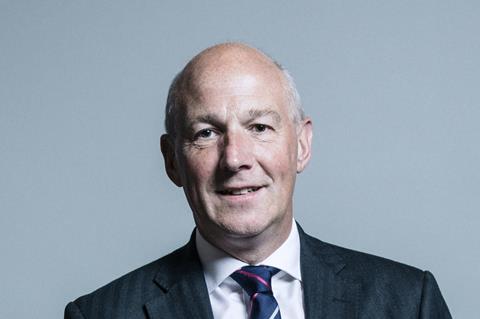The probate service is plagued with more delays and errors than it was two years ago, despite higher staff numbers and a bigger budget, a solicitor and MP has told the government.
Speaking at a Westminster Hall debate, Conservative John Stevenson MP said the quality of the probate service has ‘deteriorated’ since district registries were centralised and paper applications were replaced by a digital system.
Stevenson reported waiting up to 17 weeks for grants of probate and said solicitors can spend 50 minutes on the telephone waiting for a response to a probate enquiry. He added that ‘errors are creeping in in a way that would have been unimaginable previously’ and that the government had ignored advice from practitioners to delay the introduction of mandatory online applications.

The probate registry currently has 215 staff members, compared with 156 in 2018, and costs £7.5m to run, up from £5.7m two years ago.
‘Could the minister please explain how a service which employs more people and costs more is now delivering a poorer service? Could the minister explain how introducing new technology which was meant to improve the service has resulted in probate being issued in seven weeks plus, compared with the previous system, which was around three weeks?’ Stevenson asked.
According to an updated court recovery plan published yesterday, HM Courts & Tribunals Service expects to reduce the probate backlog that accumulated earlier in the pandemic this autumn.
‘Our digital reforms to the probate and divorce services have increased resilience and put us in a strong position to make quick progress by enabling both our operational staff and our users to work remotely,’ it said.
The increase in the death rate associated with the pandemic has resulted in an above average number of probate service receipts since the start of June 2020.
However, HMCTS claims waiting times for grants of probate have been maintained at pre-Covid levels during April to June 2020 and throughput in the four weeks to 20 September exceeded pre-Covid levels.



























15 Readers' comments